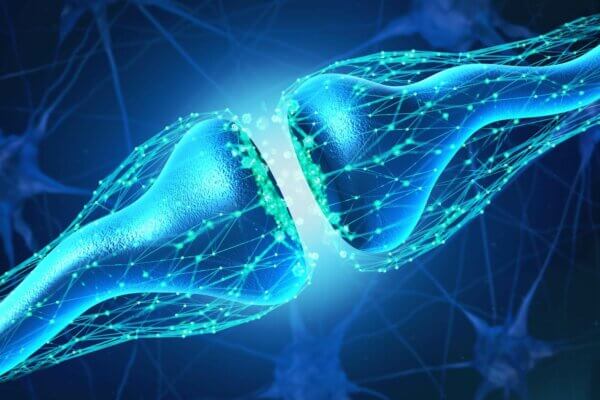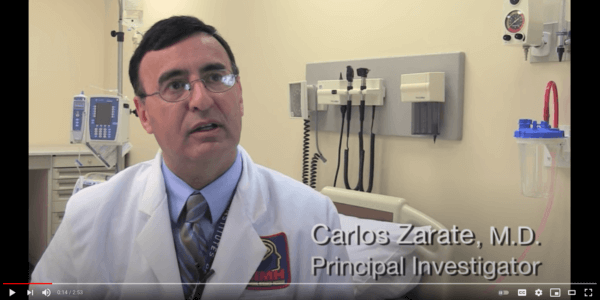We Work With:
- Psychiatrists
- Therapists
- Psychologists
- Neurologists
- Pain Specialists
- Primary Care Physicians
- Coaches
- Social Workers
Treatments for:
- Depression
- Anxiety
- PTSD
- Migraines & Headaches
- CRPS & Chronic Pain
- Immunity & Resilience
Our Services:
- IV Ketamine
- IV NAD+
- IV Nutrients & Vitamins
- Intranasal Ketamine & NAD+
- IV Glutathione
- Ketamine Assisted Psychotherapy (KAP)
Let us help you support your patients!
We pride ourselves on offering our patients a process that is administratively efficient and clinically rigorous while maintining a high level of personalized care and attention.
Latest Science & Research
Changes in Oxidative Damage, Inflammation and [NAD(H)] with Age
High levels of oxidative damage results in key cellular changes including a reduction in available nicotinamide adenine dinucleotide (NAD+), an essential molecule required for a number of vital cellular processes including DNA repair, immune signaling and epigenetic processing.
Read MoreAntidepressant Efficacy of Ketamine in Treatment-Resistant Major Depression
Ketamine, a glutamate N-methyl-D-aspartate (NMDA) receptor antagonist, has shown rapid antidepressant effects, but small study groups and inadequate control conditions in prior studies have precluded a definitive conclusion. The authors evaluated the rapid antidepressant efficacy of ketamine in a large group of patients with treatment-resistant major depression.
Read MoreKetamine to Treat Obsessive-Compulsive Disorder (OCD)
As converging evidence suggests a role for the glutamate system in the pathophysiology of OCD, we tested whether a single dose of ketamine, a non-competitive N-methyl-D-aspartate (NMDA) glutamate receptor antagonist, could achieve rapid antiobsessional effects.
Read MoreKetamine and Depression: From Despair to Hope in Hours
Carlos Zarate, M.D., speeds up treatment for major depression at the National Institutes of Health (NIH) Intramural Research Program (IRP). Dr. Zarate is Chief of the Experimental Therapeutics & Pathophysiology Branch and the Section on the Neurobiology and Treatment of Mood Disorders at the National Institute of Mental Health (NIMH).
Read More

![Portrait of woman holding black and white younger photo of herself - Changes in Oxidative Damage, Inflammation and [NAD(H)] with Age Portrait of woman holding black and white younger photo of herself - Changes in Oxidative Damage, Inflammation and [NAD(H)] with Age](https://citclinics.com/wp-content/uploads/2021/01/NAD1-600x416.jpg)


